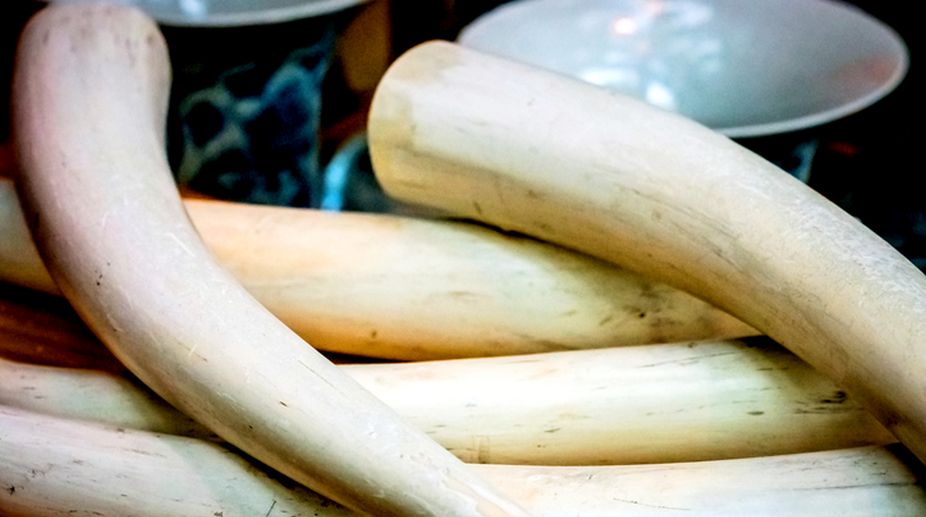Still unexplained
The hunt for the origins of Covid-19 has for the past four years been a tangled web of politics, power struggles, and international finger-pointing.

(Photo: Getty Images)
India has a lesson to draw from China. Not perhaps in terms of blending ideology with market economy… but in the critical, though not innocuous, segment of conservation of wild life and the natural environment in the greater canvas of things. Given the steadily rising graph in jungle crime, the rather ineffective forest authorities in India, not to forget the insensitive Railways, could well take a leaf out of Beijings book. China will ban the lucrative domestic ivory trade by the end of this year.
The bold decision, which is essentially intended to rein in the poachers, has promptly been hailed by wildlife enthusiasts as a game-changer for Africas elephants. This is great news that will shut down the worlds largest market for elephant ivory, was the immediate response of Aili Kang, executive director of the Wildlife Conservation Society in Asia. This will help ensure that elephants have a fighting chance to beat extinction. That risk in India is dangerously real. Implicit in this weeks announcement in China is the overriding anxiety to accord precedence to wild life over the enormous spin-off from poaching as a commercial enterprise. Sad to reflect, the forest authorities in India have been a mute witness to the almost willful reversal of priorities. African ivory is highly sought after in China where its possession is regarded as a status symbol and prices for a kilogram can be as high as $1,100.
In a word, neighhbouring China has saved the elephant, and it stands to reason to question why the authorities in this country can be so impervious to their plight, as often as not mortal. The menace has over the past few years assumed endemic proportions… and not merely in the jungles of North Bengal and Kaziranga.
Advertisement
Beijings initiative towards the preservation of wild life has been duly underlined by the official Xinhua news agency ~ China will gradually stop the processing and sale of ivories for commercial purposes by the end of 2017, is the robust signal of intent to contain a proliferating crime. The announcement follows Beijings move in March last year to widen a ban on imports of ivory and ivory products acquired before 1975 in the face of pressure to restrict a trade that sees thousands of elephants slaughtered every year. Beyond the home-grown ivory enterprise, the message has been addressed no less to those engaged in the international trade in ivory. Conservationists estimate that more than 20,000 elephants were killed across the world for their ivory last year, with similar tolls in previous years.
An estimated 415,000 of the animals still remain, going by the data furnished by WWF. Does India have a comprehensive elephant census? It is direly imperative for the forest authorities to initiate assertive action, instead of tinkering with enquiry commissions on poaching and elephant deaths.
Advertisement